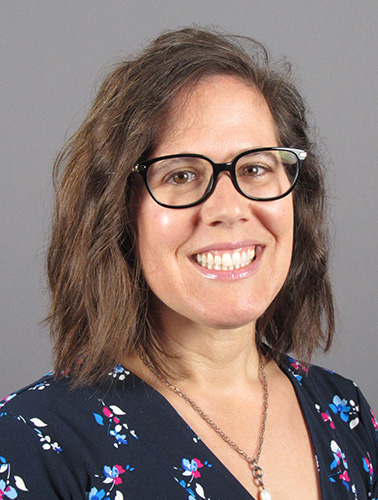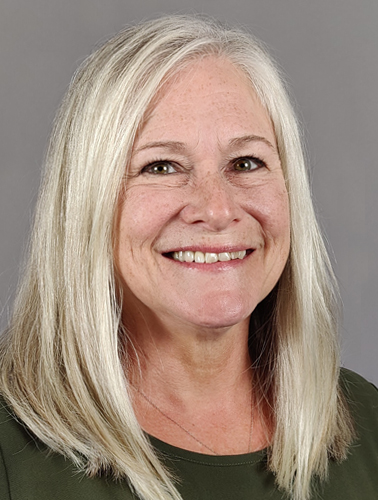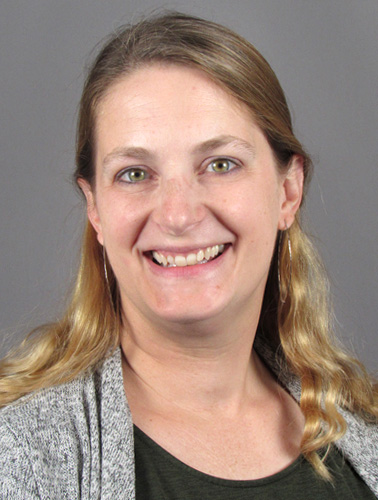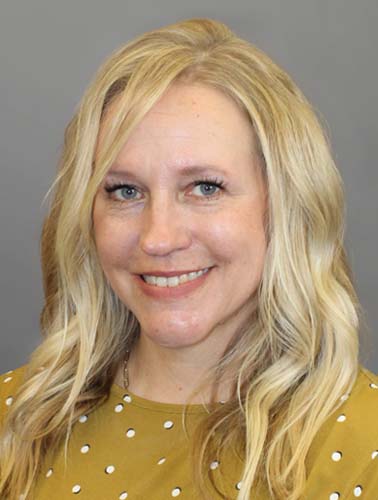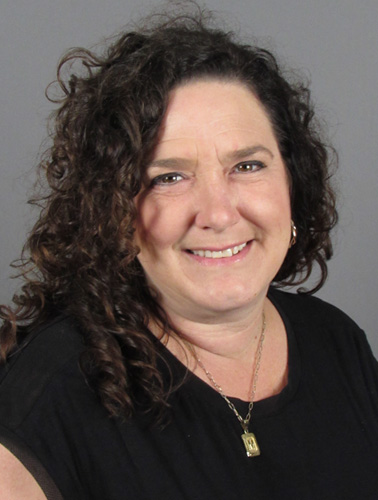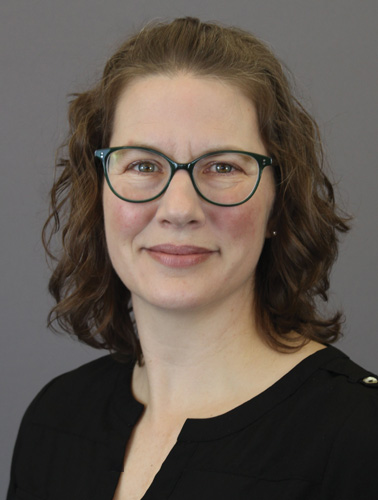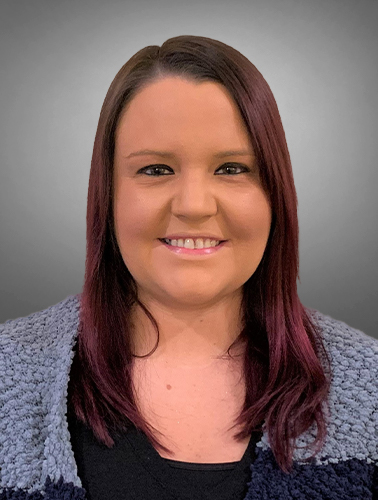
Who is it for?
Agrace Supportive Care can help adults who:
- have a serious illness, but are not at the end of life,
- are not getting enough relief from their medications and other treatment, and
- have trouble leaving home or traveling to their doctor or clinic because of their illness.
This service can also support a person’s family caregivers, because it looks at more than just the medical concerns that affect a family when someone is seriously ill.
How does it help?
Supportive Care Consultations are detailed, in-home visits made by a Supportive Care doctor or nurse practitioner. The visit lasts about two hours, which allows time for detailed conversation.
During this consult visit:
- A Supportive Care nurse practitioner or doctor will give you a physical exam, ask you about any troubling symptoms, and talk with you about how medicines and other treatments are working.
- You will talk about your goals for care and what gets in the way of meeting your goals.
- You will have time to discuss things that are causing you to worry, and your choices for future treatment.
- The social worker will explain other community resources that might help, such as meal delivery or support organizations that help people with your illness.
After the visit, Supportive Care will give you and your doctor ideas to help improve your comfort and reduce stress, such as trying different medicines or treatments, or making lifestyle changes. You and your doctor can decide which changes you want to make to meet your goals. With your doctor’s approval, we can make follow-up visits to check on how well the changes are working.











